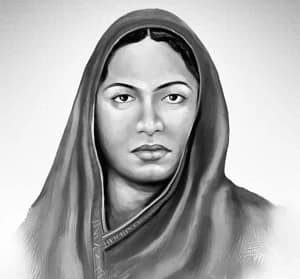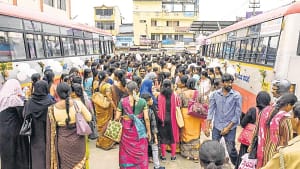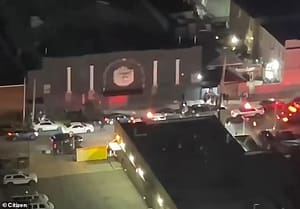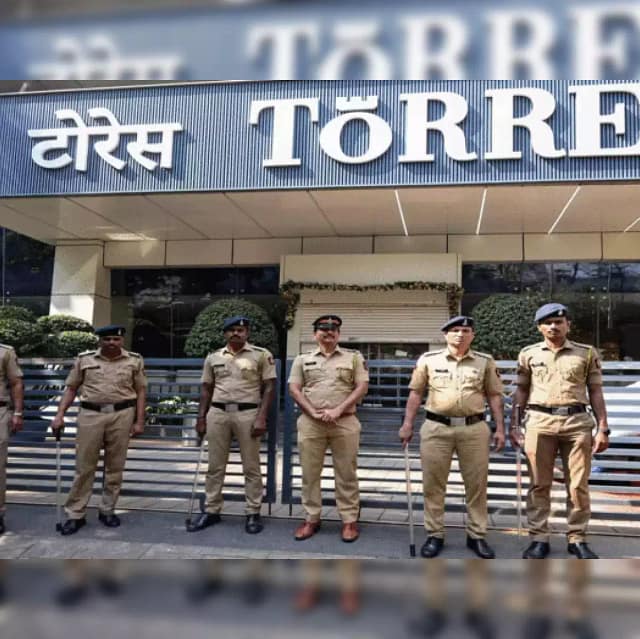New Delhi: The farmer’s Resume ‘Dilli Chalo’ March movement is once again gaining momentum as a group of 101 farmers under the banners of Samyukta Kisan Morcha (Non-Political) and Kisan Mazdoor Morcha plan to march to Delhi on foot from the Shambhu border on December 14. The march comes in the wake of the deteriorating health of farmer leader Jagjit Singh Dallewal, who has been on a hunger strike for over 18 days.
A Peaceful Protest, Yet Rising Tensions
Farmer Sarwan Singh Pandher emphasized that the ‘Dilli Chalo’ March will remain peaceful. However, he criticized the government for its lack of dialogue, warning that protests may intensify if no action is taken. The march was suspended earlier after Haryana security forces used tear gas to prevent farmers from crossing the Punjab-Haryana border, leaving several protesters injured.
Dallewal, who has been fasting since November 26, is at the heart of the protest. His health continues to decline, sparking concerns across the nation. “The entire country is worried about Dallewal’s health, except the Prime Minister and Home Minister,” said Pandher, calling for urgent talks to address the farmers’ grievances.
The Unmet Demands
The protesting farmers have a list of demands, including:
- A legal guarantee for Minimum Support Price (MSP) on crops.
- A complete debt waiver for farmers and agricultural laborers.
- Pension schemes for farmers and farm workers.
- Withdrawal of pending police cases against protesters.
- “Justice” for victims of the 2021 Lakhimpur Kheri violence.
- No increase in electricity tariffs.
Worsening Health of Jagjit Singh Dallewal
Dallewal’s hunger strike has entered its 18th day, and his condition remains critical. Rakesh Tikait, a prominent leader of the Samyukta Kisan Morcha, visited Dallewal on Friday and urged unity among farmer groups for a “joint fight.” Tikait remarked, “Dallewal ji is our big leader. We are all worried about his health. The government must take cognizance of the situation and meet the farmers’ demands.”
The Next Phase of Protest
Tikait hinted at a broader strategy, suggesting that the farmers may not surround Delhi’s borders as they did during the 13-month-long protest against the now-repealed farm laws. Instead, he proposed targeting the Kundli-Manesar-Palwal (KMP) Expressway. “This time, when Delhi is surrounded, it will be from KMP,” he stated, urging the farming community to prepare for a show of strength similar to the earlier tractor rallies.
Historical Parallels and Broader Implications
The farmers have been camping at the Shambhu and Khanauri border points since February 13, following repeated roadblocks in their march to Delhi. The movement is reminiscent of the earlier protests that led to the repeal of the contentious farm laws.
Analysts believe the renewed agitation highlights deeper structural issues in Indian agriculture, including the precarious economic conditions of farmers. Activists argue that without systemic reforms, such movements will continue to erupt.
Conclusion
As the farmers prepare for their next march, the nation watches closely. With Dallewal’s health worsening and no signs of government intervention, tensions are expected to escalate. The farmers remain resolute in their demands, asserting that meaningful dialogue is the only way forward.
This news report is curated with insights from multiple reliable news sources.




















